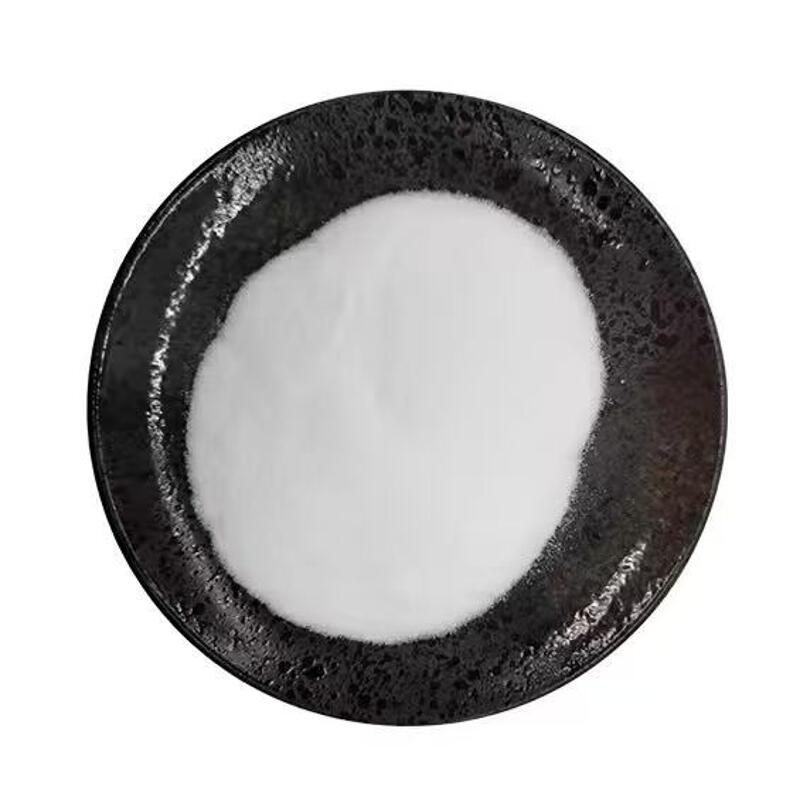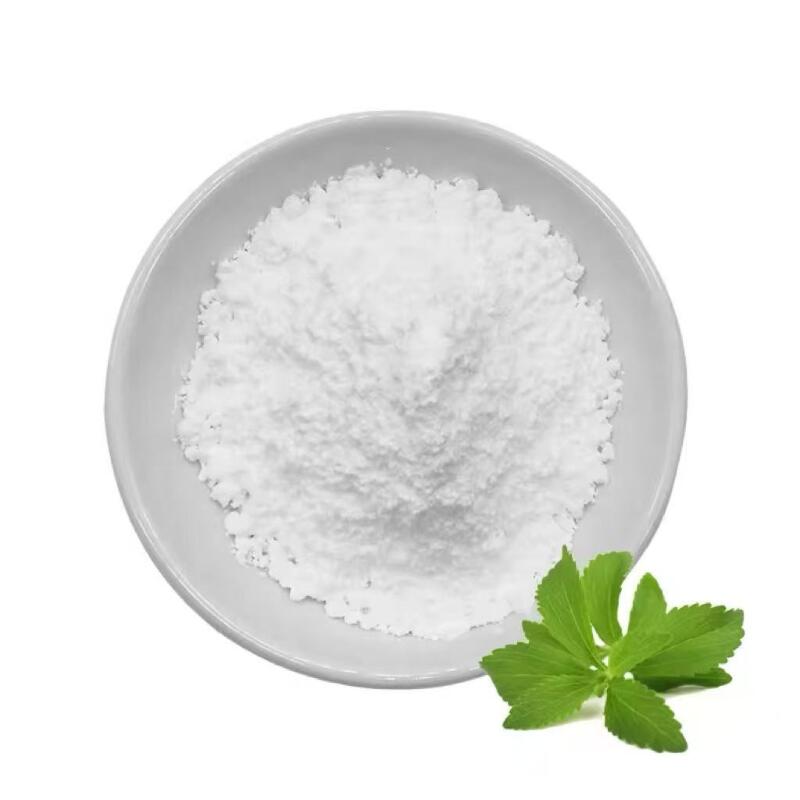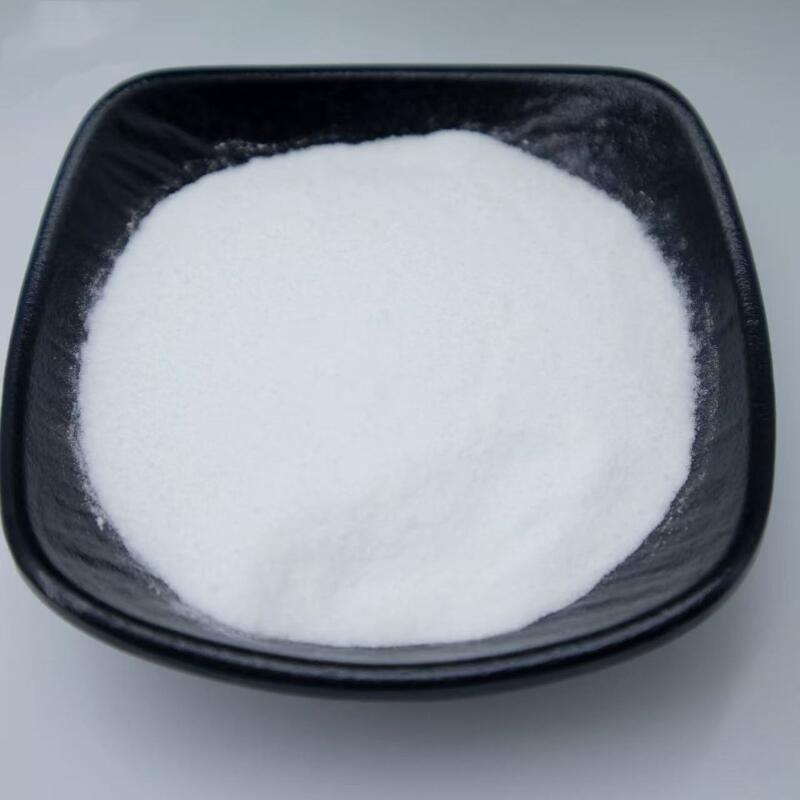-
Categories
-
Pharmaceutical Intermediates
-
Active Pharmaceutical Ingredients
-
Food Additives
- Industrial Coatings
- Agrochemicals
- Dyes and Pigments
- Surfactant
- Flavors and Fragrances
- Chemical Reagents
- Catalyst and Auxiliary
- Natural Products
- Inorganic Chemistry
-
Organic Chemistry
-
Biochemical Engineering
- Analytical Chemistry
-
Cosmetic Ingredient
- Water Treatment Chemical
-
Pharmaceutical Intermediates
Promotion
ECHEMI Mall
Wholesale
Weekly Price
Exhibition
News
-
Trade Service
Fructooligosaccharides (FOS) are a type of prebiotic fiber that can be found in various fruits and vegetables.
They are often used as an ingredient in food products and dietary supplements due to their potential health benefits.
In the chemical industry, FOS is used as a raw material for the production of various chemicals and materials.
FOS is a complex carbohydrate that is composed of short chains of fructose molecules.
It is often extracted from chicory root or other plant sources using enzymatic or chemical methods.
The purity of the FOS used in industrial applications is crucial, as even small amounts of impurities can affect the quality of the final product.
One of the main uses of FOS in the chemical industry is as a source of fermentable sugars for the production of biodegradable plastics.
Biodegradable plastics are made from renewable resources and can be easily broken down by microorganisms in the environment, reducing their impact on the environment.
FOS is used as a starting material for the production of polylactic acid (PLA), a biodegradable polymer that can be used in a variety of applications, including packaging and textiles.
FOS is also used in the production of other chemicals and materials, such as citric acid and ethylene glycol.
Citric acid, which is commonly found in fruits and vegetables, is used as a food additive, acidulant, and cleaning agent.
FOS is used as a starting material for the production of citric acid through a fermentation process.
Ethylene glycol, on the other hand, is used as a raw material for the production of polyethylene terephthalate (PET), a widely used plastic for packaging and textiles.
FOS is used as a starting material for the production of ethylene glycol through a chemical reaction known as the Fischer-Speier oxidation.
In addition to its use as a raw material for the production of chemicals and materials, FOS is also used as a nutritional supplement.
It is believed to have a number of potential health benefits, including improved digestion, increased fiber intake, and reduced cholesterol levels.
FOS is also used as a prebiotic, which means it can stimulate the growth and activity of beneficial bacteria in the gut.
The use of FOS in the chemical industry is expected to grow in the coming years as demand for biodegradable plastics and other sustainable materials increases.
The production of FOS and its derivatives is also expected to become more efficient and cost-effective as technology advances.
In conclusion, Fructooligosaccharides (FOS) is an important raw material in the chemical industry, used to produce biodegradable plastics and other chemicals and materials.
It is also used as a nutritional supplement due to its potential health benefits.
With the growing demand for sustainable and eco-friendly products, the use of FOS in the chemical industry is expected to increase in the coming years.







